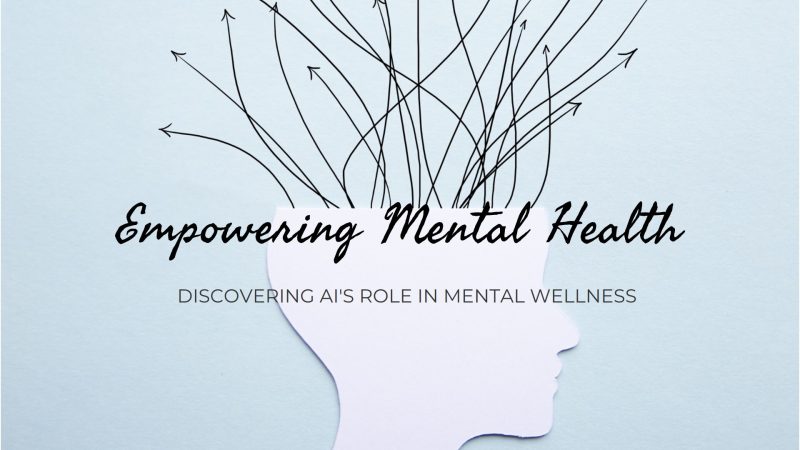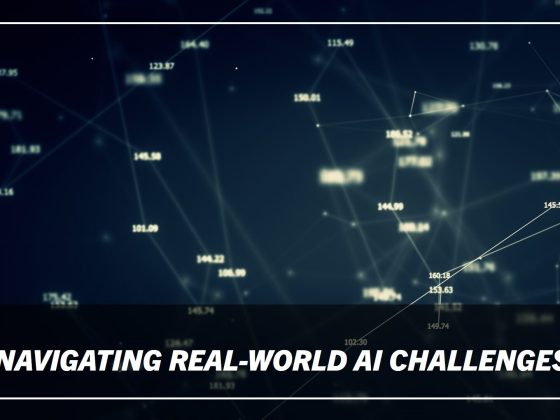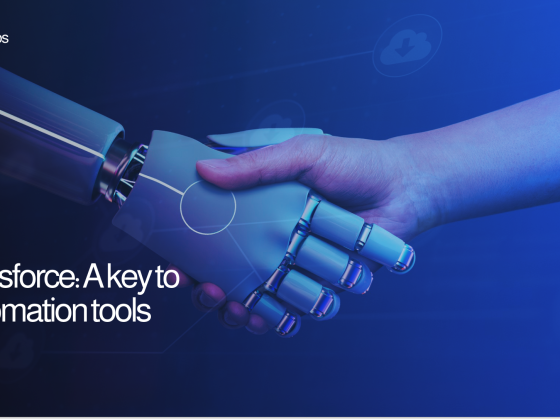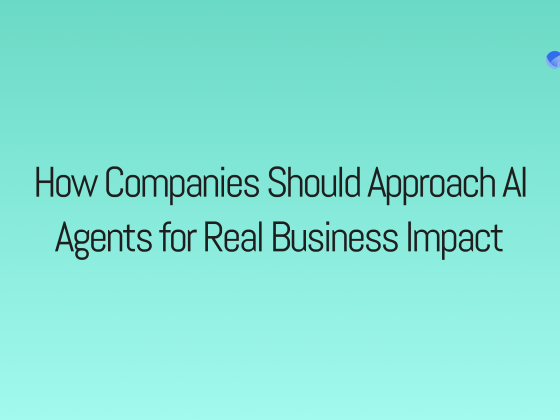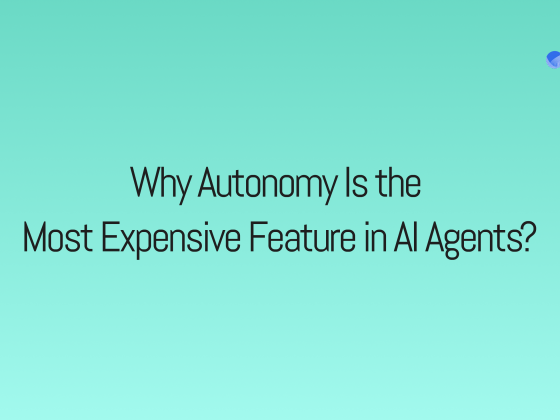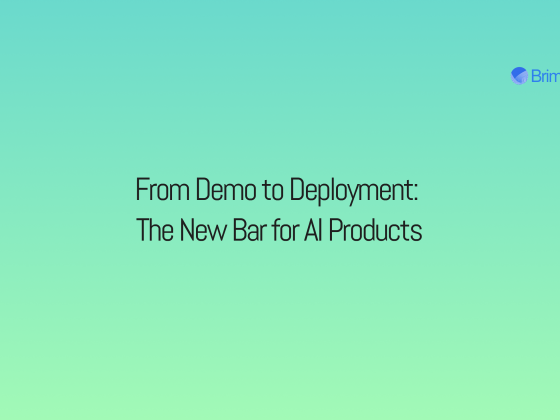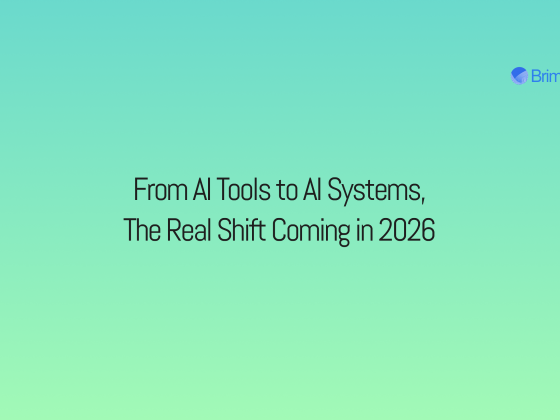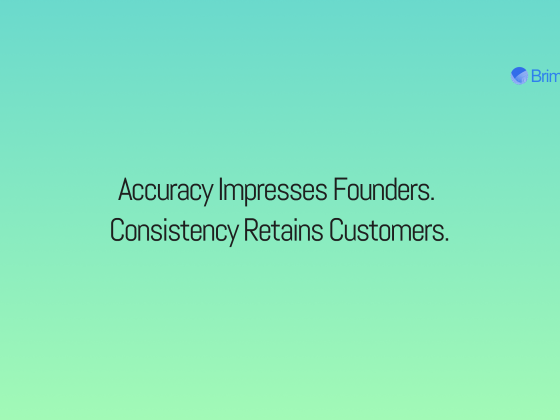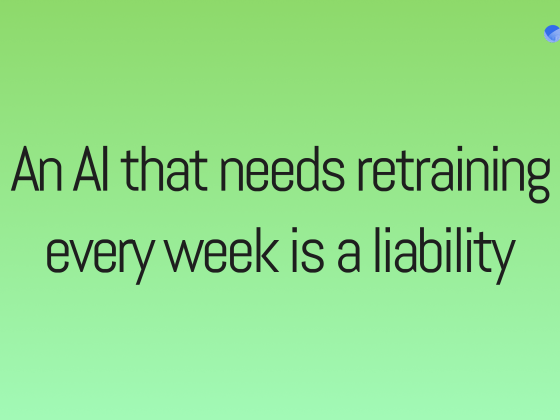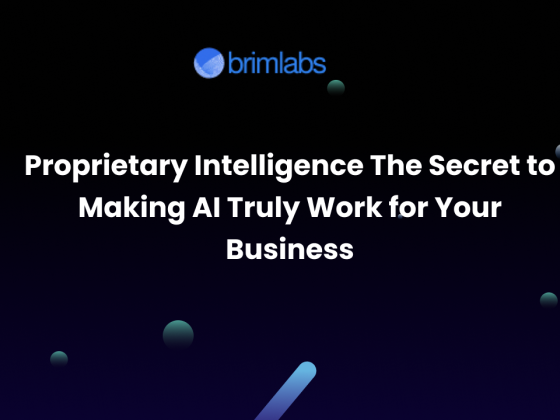Mental health disorders like depression and anxiety affect millions worldwide, yet many cases go undiagnosed due to stigma, lack of awareness, and limited access to mental health professionals. However, Artificial Intelligence and Machine Learning are transforming the mental health landscape by providing early detection, personalized interventions, and enhanced accessibility. This article explores how ML-driven tools and technologies are aiding in the detection of depression and anxiety, offering hope for improved mental healthcare.
The Growing Need for AI in Mental Health
The World Health Organization (WHO) estimates that over 280 million people suffer from depression globally, with anxiety disorders affecting even more. Despite the high prevalence, only a fraction of individuals receive proper diagnosis and treatment due to several challenges:
- Limited access to mental health professionals: Many regions lack sufficient trained professionals.
- Stigma and reluctance: People hesitate to seek help due to fear of social judgment.
- High costs: Therapy and psychiatric care can be expensive and inaccessible to many.
- Subjective diagnosis: Traditional mental health assessments rely heavily on self-reported symptoms, which can be inaccurate.
AI and ML have emerged as powerful tools to bridge these gaps by offering data-driven, objective, and accessible mental health assessment methods.
How Machine Learning Detects Depression & Anxiety
1. Natural Language Processing (NLP) for Text & Speech Analysis
One of the most promising applications of ML in mental health is Natural Language Processing, which analyzes text and speech patterns to detect emotional distress. Algorithms trained on vast datasets of conversations, social media posts, and therapy session transcripts can identify markers of depression and anxiety, such as:
- Use of negative or self-critical language
- Frequent expressions of sadness, hopelessness, or fatigue
- Slowed or fragmented speech
- Reduced vocabulary diversity
Popular AI-driven platforms like Woebot and Wysa use NLP to engage users in therapeutic conversations, providing real-time emotional support.
2. Facial Recognition & Emotion Analysis
AI-powered computer vision systems analyze facial expressions and micro-expressions to assess mental health conditions. Depression often manifests through reduced facial muscle movement, lack of eye contact, and slower reactions. ML models trained on facial data can detect these signs with high accuracy, helping clinicians make informed assessments.
3. Behavioral & Activity Monitoring
Smartphones, wearables, and IoT devices continuously collect behavioral data, including:
- Sleep patterns: Changes in sleep cycles are strong indicators of depression.
- Physical activity levels: Reduced movement and exercise often correlate with mental health decline.
- Social interaction: Decreased communication frequency with friends and family can indicate emotional distress.
ML models process this behavioral data to detect patterns and flag potential risks, allowing early intervention.
4. Social Media Sentiment Analysis
People often express their emotions on social media platforms like Twitter, Facebook, and Reddit. AI-driven sentiment analysis tools scan posts for language indicative of mental distress. Studies have shown that individuals with depression frequently use first-person pronouns, negative adjectives, and ruminate over negative thoughts. AI can detect such patterns and alert users or caregivers about potential mental health concerns.
5. EEG & Neuroimaging for Brain Activity Analysis
Advanced ML models analyze electroencephalography (EEG) and MRI scans to identify neurological markers of depression and anxiety. Changes in brainwave activity, particularly in the prefrontal cortex, can indicate mental health disorders. AI-powered diagnostic tools improve the accuracy of brain imaging analysis, assisting psychiatrists in early detection.
Advantages of AI in Mental Health Diagnosis
- Early Detection & Prevention: AI enables early diagnosis, often before individuals seek help, by identifying subtle behavioral and linguistic cues associated with mental health disorders.
- Personalized Mental Health Support: ML models can recommend customized treatment plans, including therapy modules, mindfulness exercises, and medication adjustments based on individual profiles.
- Improved Accessibility & Affordability: AI-powered mental health apps and chatbots provide round-the-clock support, reducing dependency on human therapists and making mental healthcare more accessible and affordable.
- Reduced Human Bias: Traditional mental health assessments are subjective and may be influenced by clinician biases. AI-driven tools offer data-backed, objective analysis, leading to more accurate diagnoses.
Ethical Concerns & Challenges
Despite its potential, AI in mental health poses several challenges:
- Data Privacy & Security: Sensitive mental health data must be securely stored and protected from misuse.
- Accuracy & Reliability: AI models can sometimes misinterpret context, leading to false positives or negatives.
- Lack of Human Touch: AI tools should complement, not replace, human therapists to maintain empathy in mental healthcare.
- Regulatory & Ethical Concerns: AI-based mental health solutions must adhere to strict ethical guidelines and medical regulations to ensure responsible use.
The Future of AI in Mental Health
The future of AI in mental health is promising, with advancements in deep learning, reinforcement learning, and real-time monitoring enhancing detection and treatment methodologies. AI-driven virtual therapists, emotion-sensitive AI models, and brainwave analysis tools will further revolutionize mental healthcare.
While AI cannot replace human psychiatrists, it serves as an invaluable support system for early detection, remote mental health assistance, and continuous monitoring. As technology continues to evolve, responsible AI implementation can help bridge the global mental health gap, making psychological well-being more accessible, affordable, and effective.
Conclusion
AI and Machine Learning are transforming mental healthcare by offering early diagnosis, personalized interventions, and accessible mental health solutions. With continued advancements, AI-driven mental health tools will play an increasingly vital role in reducing stigma, improving patient outcomes, and making mental health care more inclusive and effective.
As AI continues to shape the future of mental healthcare, responsible and ethical implementation will be crucial in ensuring these technologies are used for the greater good. By embracing AI-powered solutions, we can move closer to a world where mental health support is available to everyone, regardless of location or socioeconomic status.
If you’re interested in leveraging AI for mental health solutions or building innovative AI-driven applications, get in touch with Brim Labs. Our team specializes in AI, ML, and full-stack development to create impactful digital health solutions.

